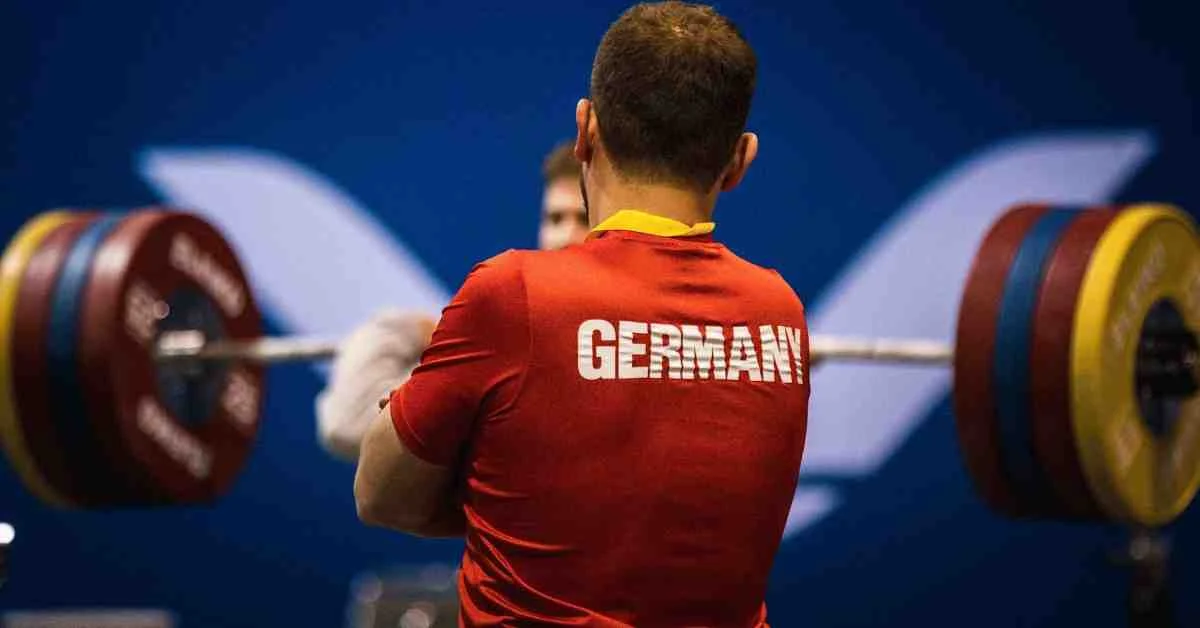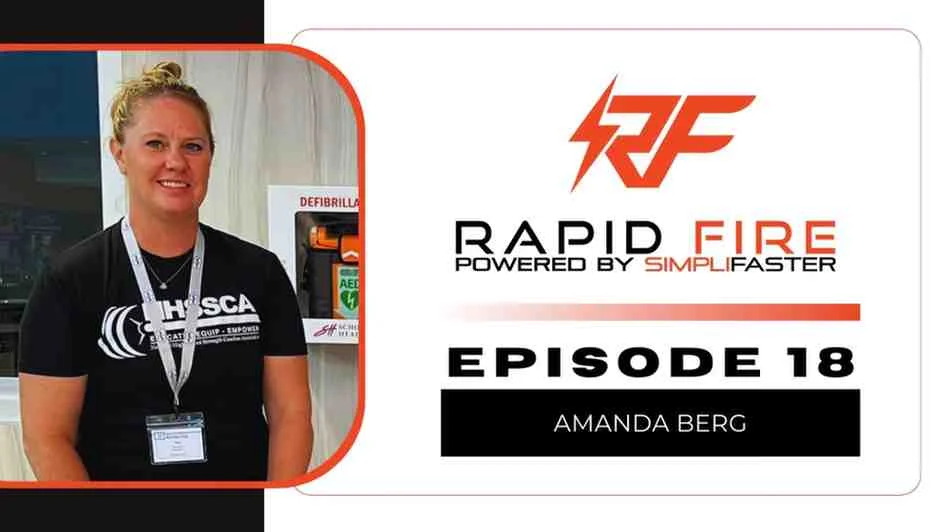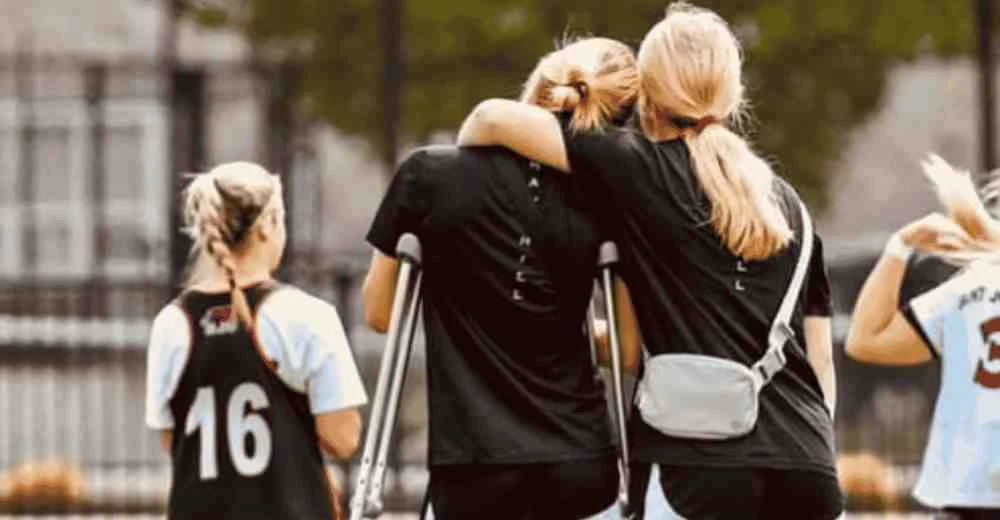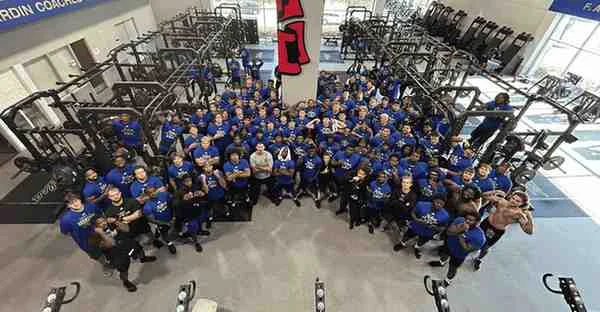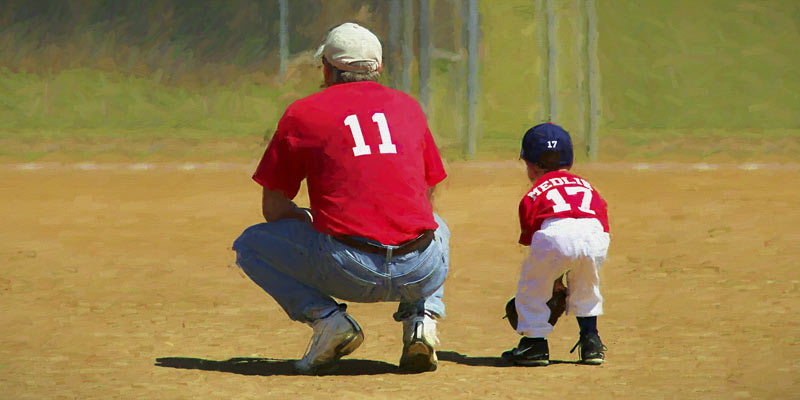
Coaches can develop psychologically motivated athletes with positive self-regard by creating self-worth and a sense of belonging and by limiting judgmental comparisons to other athletes’ success. Coaches can also boost autonomy in their athletes by encouraging self-monitoring, performance reflection, and honest evaluation of physical and emotional well-being.
An athlete’s motivation plays a fundamental role in performance and perceived ability. Motivation comes from internal and external sources, so both nature and nurture contribute to the whole drive of the athlete.
In many ways, the coach plays a pivotal nurturing role by responding to an athlete’s emotional and physical needs. The surrounding climate dictated by the coach, whether it’s critical or motivational, affects the athlete’s psychosocial well-being.
Research delineates two types of climate atmospheres: task-oriented and ego-oriented (Reinboth & Duda, 2004). Task-oriented climates encourage the mastery of the task at hand, skill development, and knowledge acquisition, while ego-oriented climates focus on the individual’s performance and effort relative to other competitors (Reinboth & Duda, 2004).
Stress is an important consideration in an athlete’s overall well-being and can be inversely related to self-esteem. Coaching pressures often cause distress to those athletes who have an egocentric mindset and performance climate. An ego-involved climate can endanger the athlete’s self-esteem with constant social comparison and questions about their adequacy (Reinboth & Duda, 2004).
The same, however, is not true for athletes who aim to master tasks (Pensgaard & Roberts, 2000). In the task-focused climate, self-esteem can be built up gradually with individual development where improvement is only measured by comparing to oneself based on work ethic. Emphasis on the process rather than the immediate outcome contributes positively to self-esteem (Reinboth & Duda, 2004).
Emphasis on the process, not the immediate outcome, contributes to an athlete’s self-esteem. Share on XIn a study by Ruiz-Tendero and Salinero Martin (2012), the researchers found that coaches and athletes equally regarded dedication as the most influential factor of motivated success.
In the same survey, both coaches and athletes voted injuries as the number one factor negatively impacting performance. There is an ego-driven belief that enduring pain and winning are the strongest measures of an athlete’s reputation and success.
Coaches should strongly urge athletes to be smart about their competitive mindset and the damaging consequences of training ignorance. When sustained injuries challenge the athlete’s mental fortitude, mental toughness is better measured with humble honesty rather than stubborn pride.
Coaching environments can either foster or forgo mental toughness, a supplementary component in the motivational toolbox. A supportive environment acknowledges “feelings and perspectives, the use of non-controlling actions and feedback, the provision of meaningful rationales, and the nurturing of individuals’ inner motivational resources” (Mahoney, Gucciardi, Ntoumanis, & Mallet, 2014, p. 282).
Controlling environments provide just the opposite: intimidation, reward manipulation, and negative regard for emotional influence on performance (Mahoney et al., 2014).
One of the best coaching skills is the ability to bring positive enthusiasm to athletes. A 2014 study found a positive correlation between athlete optimism and race times and an inverse relation to negativity (Mahoney et al., 2014).
Without guidance, encouragement, and positive feedback from the coaches, athletes may experience discouragement, lack of motivation, unwarranted anxieties, and burnout.
References
- Mahoney, J. W., Gucciardi, D. F., Ntoumanis, N., & Mallet, C. J. (2014). Mental Toughness in Sport: Motivational Antecedents and Associations with Performance and Psychological Health. Journal of Sport Exercise Psychology, 36(3), 281-292. doi: 10.1123/jsep.2013-0260.
- Pensgaard, A. M. & Roberts, G. C. (2000). The relationship between motivational climate, perceived ability and sources of distress among elite athletes. Journal of Sports Sciences, 18(3), 191-200. doi: 10.1080/026404100365090.
- Reinboth, M. & Duda, J. L. (2004). The motivational climate, perceived ability, and athletes’ psychological and physical well-being. The Sport Psychologist, 18(3), 237-251.
- Ruiz-Tendero, G. & Salinero Martin, J. J. (2012). Psycho-Social Factors Determining Success in High-Performance Triathlon: Compared Perception in the Coach-Athlete Pair. Perceptual & Motor Skills: Physical Development and Measurement, 115(3), 865-880. doi: 10.2466/08.25.PMS.115.6.865-880.

